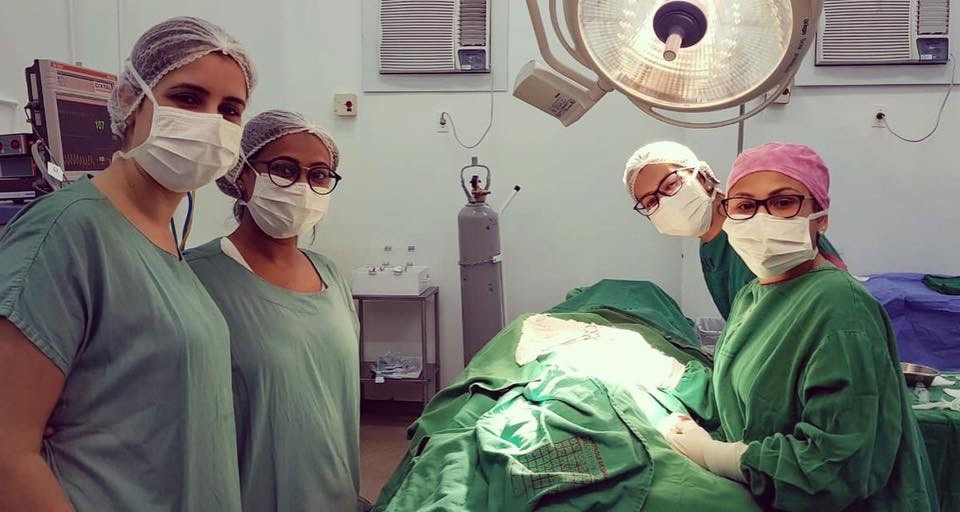As an exchange student with the University of Michigan’s School of Dentistry, three classmates and I journeyed to the largest dental school in Brazil in August at the University of Sao Paolo in Bauru. This long-running exchange program aims to teach both Michiganders and Paulistas (as Sao Paolo residents are known) about what we can learn from each other.
50 years after he first came as a child with cleft palate, Mr. Nishoto (not his real name) returned to the Centrino clinic. Cleft palate is a birth defect where the upper lip and palate do not fuse normally in utero. It is a complex disease that requires many surgeries over a patient’s lifetime but also one that can be often prevented with prenatal vitamins and prenatal care.
This Japanese-Brazilian man benefited from an interdisciplinary and public health system that I have never seen in my clinical and public health experience in three nations (India, UK, or the USA). He has received regular follow up visits and received multiple surgeries as well as rehabilitation and medical care. We saw how physicians, dentists, speech therapists, and his local clinic far away coordinated care to make the best outcome possible. This unique system starts with genetic counseling of expecting mothers and follows up after birth with the surgery and will always have a rehabilitation follow-up process for the rest of their lives. Telemedicine is used to see patients monthly from the Amazon and train local clinicians on rehabilitation of patients. Telemedicine-teledentistry has yet to find its niche in the US as referral systems have not been developed. As the original patient in the multi-disciplinary clinic established 50 years ago, Mr. Nishoto has had coordinated care for decades despite living hundreds of miles away. This is something never seen in the US, UK, or India.
The Brazilian Constitution established health care a human right and “duty of the state.” Dental care is included in this right. To make this right a meaningful in a large, federal nation like Brazil, tertiary institutions are used national referral centers. This means that all cleft palate surgeries are performed at the University of Sao Paolo-Bauru. Patients are transported across the nation by plane or bus for free to be seen at the dental school. The dental school also functions as a portable tertiary health system by visiting other hospitals to treat patients that cannot come to Bauru. This focused referral network creates a concentration of specialists and the expertise to develop at the dental school on cleft palate. The large volume of patients helps students in training learn every variation possible in the disease. The strong system of follow up allows longitudinal research to be performed which could not happen in the US with people moving or losing or changing insurances.
The United States only recognizes health as a constitutional right for prisoners. Why not like Brazil, for everyone? And if we did, how would we organize it? Brazil shows us some of the answers. To quote the WHO, health is not merely the absence of disease but it is a state of complete physical, mental, and social well-being.

